In a rental building, the landlord has certain rights under certain circumstances to remove a tenant from his property before the expiration of their lease. In a private home setting, the only real path to removing an owner is through foreclosure—usually due to a mortgage default. But what about in a multifamily setting like a condominium or a co-op? In short, it’s complicated.
To start off, in the legal world, the word eviction has a very specific meaning, different from how most non-lawyers understand the term. Attorneys often prefer to use the term ‘remove’ or ‘eject’ when speaking about forcibly getting a condo owner or co-op shareholder out of an association or building. For the purposes of this article, however, we will use the colloquial ‘evict’ and ‘eviction’ to keep things simple.
Can an Owner be Evicted?
According to Scott Piekarsky, an attorney with Phillips Nizer, a law firm located in Hackensack, New Jersey, “You can evict a shareholder from a co-op—but you can’t evict a condo owner from his or her unit.” That said, removal can occur for monetary or non-monetary reasons. In the case of monetary default, which is the more common reason, “an association can put a lien on the unit for outstanding common charges, and then foreclose on that lien,” Piekarsky says. “The lien has a priority over the first mortgage and tax liens. The association can pursue a foreclosure, and then a sheriff’s sale subject to the lien. In the end, if the foreclosure and sale are successful, the association gets the unit and the owner is out.” So, the process is not an eviction per se—but a means of removing a non-paying association member and recouping the monies owed.
William McCracken, a partner with the law firm of Ganfer Shore Leeds & Zauderer in New York City, explains that in New York, understanding the difference in ownership rights is key to understanding evictions in co-ops and condos. “Condo unit owners own their units,” he says. “The condo board has no standing. Because a co-op shareholder has a tenant-landlord relationship with the board under a proprietary lease, for purposes of eviction, they’re in the same boat as a renter. The co-op owns the unit, so if they follow the appropriate rules, [the board] can remove the shareholder, evict him or her, recover possession, etc.” This contrasts sharply with condo unit owners, who are the lords of their realm, much as single-family homeowners. “Conceptually,” says McCracken, “it’s impossible and unfeasible to evict a condo owner” in the same way a co-op board can remove a non-paying or otherwise chronically problematic shareholder.
Rules and norms can vary somewhat from region to region. “In Illinois,” says Kris Kasten, a partner at Bartzen Rosenlund Kasten, a law firm based in Chicago, “condo associations have a statutory right to evict a unit owner for nonpayment of common expenses. The prospect of being evicted from one’s condo unit has proven effective in getting non-paying owners to pay—which makes an eviction action the primary method for assessment collection. After taking possession of the condo unit through an eviction action, the association may then lease the unit, and the rent collected goes toward paying the judgment amount. Once the unit owner’s account is brought current, the unit owner may file a motion to vacate the eviction order and regain possession of his or her unit.” It should be clearly noted that the owner still owns the unit in this scenario.
How it Works
The process for getting a resident out for whatever reason can vary from state to state. For example, the path to ejection from a co-op in New Jersey is set through individual communities’ bylaws and proprietary lease terms, says Piekarsky. “There are default provisions for non-payment. Shareholders can also be removed or ejected if they have broken rules and regulations and the offenses are egregious enough. The corporation can cancel a shareholders’ lease and stock to remove him or her.” As is the case in most disputes in New Jersey, ADR—alternative dispute resolution—is required before litigation can commence. Piekarsky notes that in condos, financial reasons—chronic arrears, default, etc.—are really the only grounds available for removing a unit owner in New Jersey, though he notes that associations can get injunctive relief and restraining orders if an owner’s offenses are behavioral rather than financial.
In Illinois, when an eviction is used to collect unpaid assessments in a condo association, the first step in evicting a unit owner is to serve that owner with a statutorily required demand letter. Kasten explains that “if the defaulting owner fails or refuses to pay the amount demanded within the time prescribed in the letter—typically at least 30 days—then the condo association may file an eviction action. Upon filing the eviction action, the case proceeds in the manner that litigation generally does; the defendants must be served with a summons and complaint, and the plaintiff must prove its case, whether at trial or an ex parte prove-up proceeding. However, an eviction order involving a condo unit will be stayed for a minimum of 60 days—and up to 180 days at the judge’s discretion. That means that the condo association cannot place an eviction order with the sheriff to execute the eviction until after the stay expires. That gives unit owners at least 60 days to pay the judgment and avoid the eviction. If the owner fails to pay within the stay period, the association can proceed with evicting him or her. The actual eviction is executed by the sheriff of the county in which the condo is located. Upon taking possession of the unit, the association may then lease it,” and use those rental proceeds to pay the owner’s arrears.
In a cooperative setting, evictions are used to collect unpaid assessments and to deal with other violations of the governing documents. Unlike the process in a condo, the co-op procedure is more like a typical landlord-tenant eviction. The first step is to serve the member with a notice informing the shareholder that their proprietary lease or occupancy agreement will terminate as of a set date, and demanding they vacate the apartment on or before that date. The notice includes the basis for termination of the lease, such as non-payment of assessments or carrying charges. If the default is not cured in the time prescribed (e.g., the assessments are not paid), then the cooperative may file an eviction action. Upon filing that action, the case will proceed like most litigation does, as mentioned above. However, cooperatives are not subject to the statutory 60-day minimum stay that condos are. Instead, stays on co-op eviction orders are usually closer to seven to 14 days—though depending on the circumstances, a judge might impose a longer stay. Once the stay expires, the cooperative can place the eviction order with the sheriff to execute it.
McCracken says there are a number of scenarios that could set an eviction in motion in a co-op setting. “Nonpayment of maintenance is the most common. According to a co-op recognition agreement, in all co-op mortgages, the co-op board can notify the lender in a case of monetary default and the lender will pay defaulted co-op fees to protect their position. Eviction can also be used for multiple defaults under the proprietary lease for non-monetary behaviors, such as breaking house rules or having a guest who isn’t allowed under the lease.”
Under the proprietary lease, the corporation can terminate the lease after sending a notice to cure. If that doesn’t resolve the issue, then they go to court—which McCracken advises against, if it can be avoided. “You don’t want to be there,” he says. Landlord-tenant courts tend to favor tenants, and judges will often rule against a landlord—including a co-op board—on the narrowest procedural grounds.
The View from Massachusetts
While the process for removing a defaulting or chronically disruptive resident is fairly similar from state to state, there are notable exceptions. In Massachusetts, for example, the situation is a bit different, explains Ellen Shapiro, a partner with Marcus, Errico, Emmer, & Brooks, a law firm based in Braintree. “If an owner does not pay his or her monthly assessment fees, after the account has been in arrears or had an outstanding balance for 60 days, the board can start a statutory lien enforcement process which can lead to the sale of the unit if the owner does not pay. Although that is not an eviction, if the owner vacates, it does have the same effect. However, if the owner does not vacate, then the successful bidder—the new owner—has to evict the past owner.”
Shapiro goes on to outline the process for evicting a Massachusetts condominium owner: The first step is to send the unit owner a Statutory Notice of Delinquency. This is typically done when the unit account is either 60 or 90 days in arrears, but in no event earlier than 60 days.
If payment is not received and the unit owner does not respond with a payment plan, the board will order a title search and review to confirm not only the holder of the first mortgage on the unit, but any other parties in interest—a bank that has granted the unit owner an equity line of credit, for example—who might need to be notified of the arrearage.
It’s important to notify these institutions because, unlike the limited priority for six months over the first mortgage, the condominium’s lien for unpaid common expenses has a complete priority over any second mortgages. In other words, should the unit be sold to satisfy a judgment, the junior mortgage(s) would completely ‘wipe out.’ Notice of the unit owner’s delinquency is given to second mortgagees so they can decide what steps, if any, to take in order to protect their mortgage.
If all of the above does not compel the payment of the arrearage, either by the unit owner or their lender, the association can file a complaint in district court or superior court. This must be done at the point when the unit owner’s account is six months in arrears, since the filing preserves the six-month limited priority period the association’s lien has over the first mortgage.
While the specific terms of art may differ, the option to use an eviction—or an eviction-type proceeding—to remove a tenant is available in both co-op and condo settings to different extents and for different reasons. No matter what the process is called, however, like all legal proceedings, it’s lengthy, acrimonious, and almost always very expensive. Therefore, booting an owner or shareholder out of an HOA or building should be considered as a last resort. Boards of co-op and condominium properties, their management, and legal advisors should make all due efforts to settle the matter with an owner or shareholder privately and one-on-one before proceeding with the ‘nuclear option’ of eviction.
A J Sidransky is a staff writer/reporter for CooperatorNews, and a published novelist. He can be reached at alan@yrinc.com.



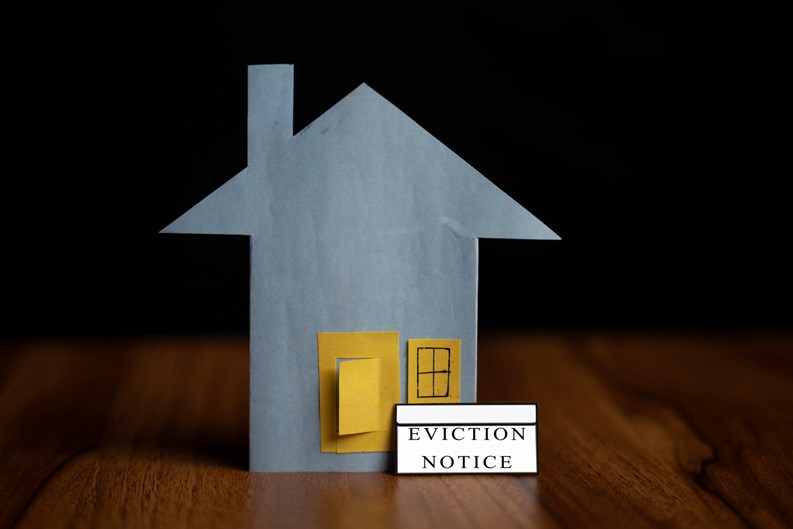

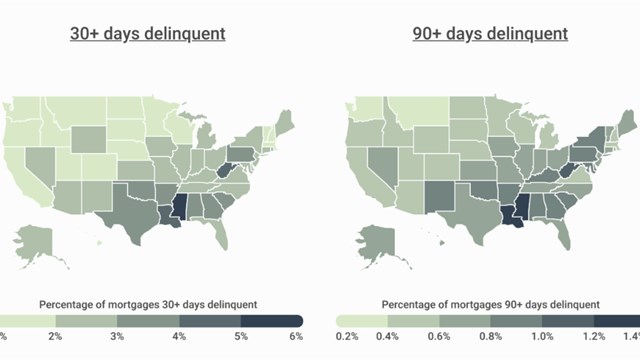
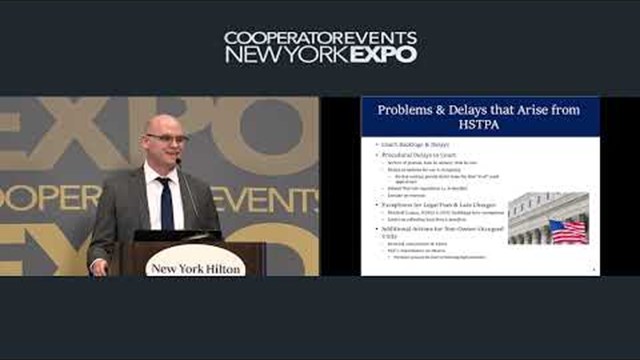

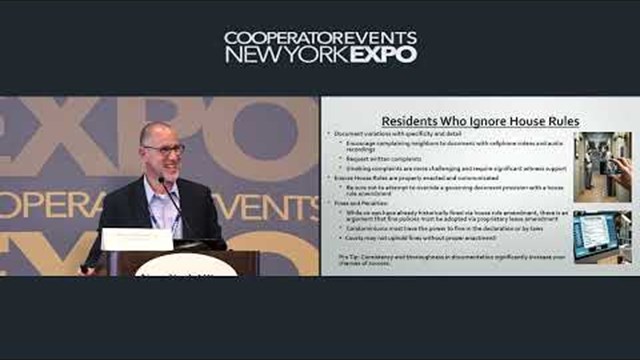
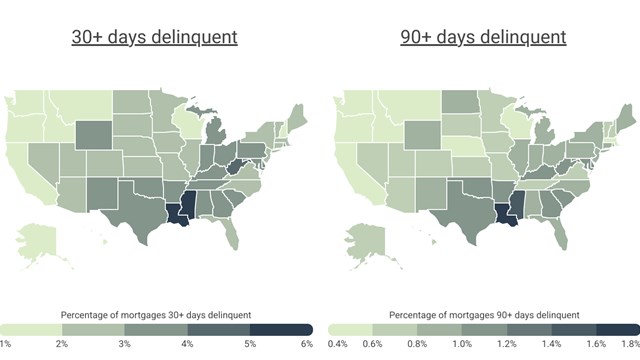
Leave a Comment